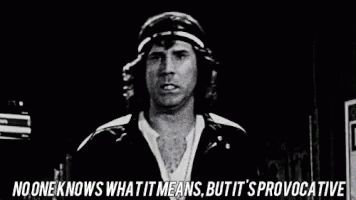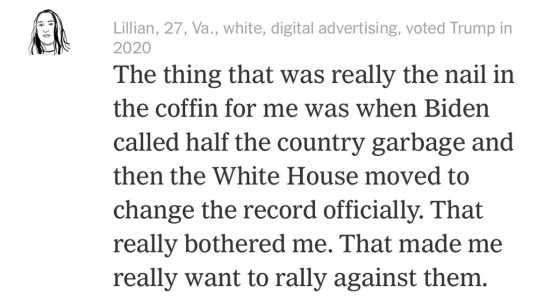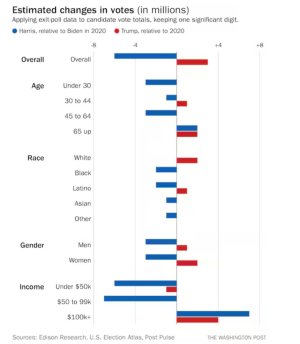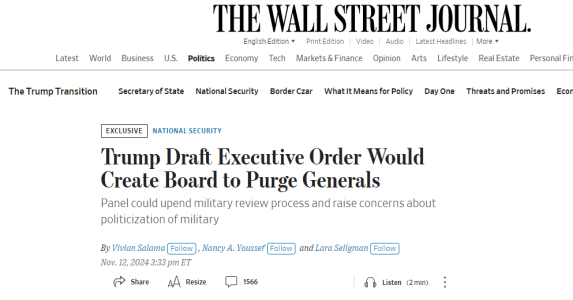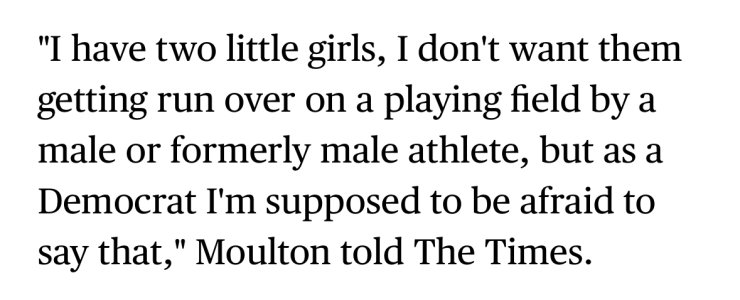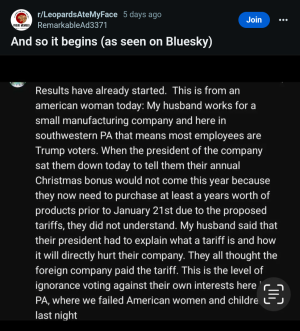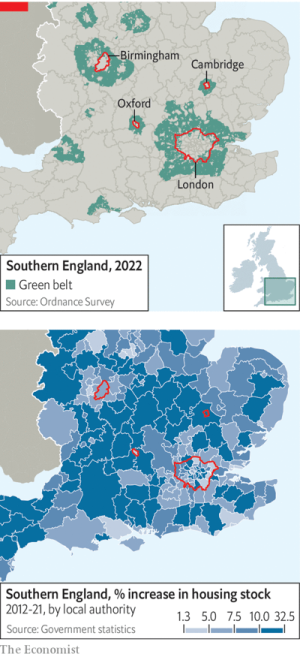A Tennessee woman slipped into a coma and died after an ambulance company took so long to assemble a crew that one worker had time for a cigarette break.
Paramedics in New York had to covertly swipe medical supplies from a hospital to restock their depleted ambulances after emergency runs.
A man in the suburban South watched a chimney fire burn his house to the ground as he waited for the fire department, which billed him anyway and then sued him for $15,000 when he did not pay.
In each of these cases, someone dialed 911 and Wall Street answered.
The business of driving ambulances and operating fire brigades represents just one facet of a profound shift on Wall Street and Main Street alike, a New York Times investigation has found. Since the 2008 financial crisis, private equity firms, the “corporate raiders” of an earlier era, have increasingly taken over a wide array of civic and financial services that are central to American life.
Today, people interact with private equity when they dial 911, pay their mortgage, play a round of golf or turn on the kitchen tap for a glass of water.
Private equity put a unique stamp on these businesses. Unlike other for-profit companies, which often have years of experience making a product or offering a service, private equity is primarily skilled in making money. And in many of these businesses, The Times found, private equity firms applied a sophisticated moneymaking playbook: a mix of cost cuts, price increases, lobbying and litigation.
In emergency care and firefighting, this approach creates a fundamental tension: the push to turn a profit while caring for people in their most vulnerable moments.
*shrugs*















